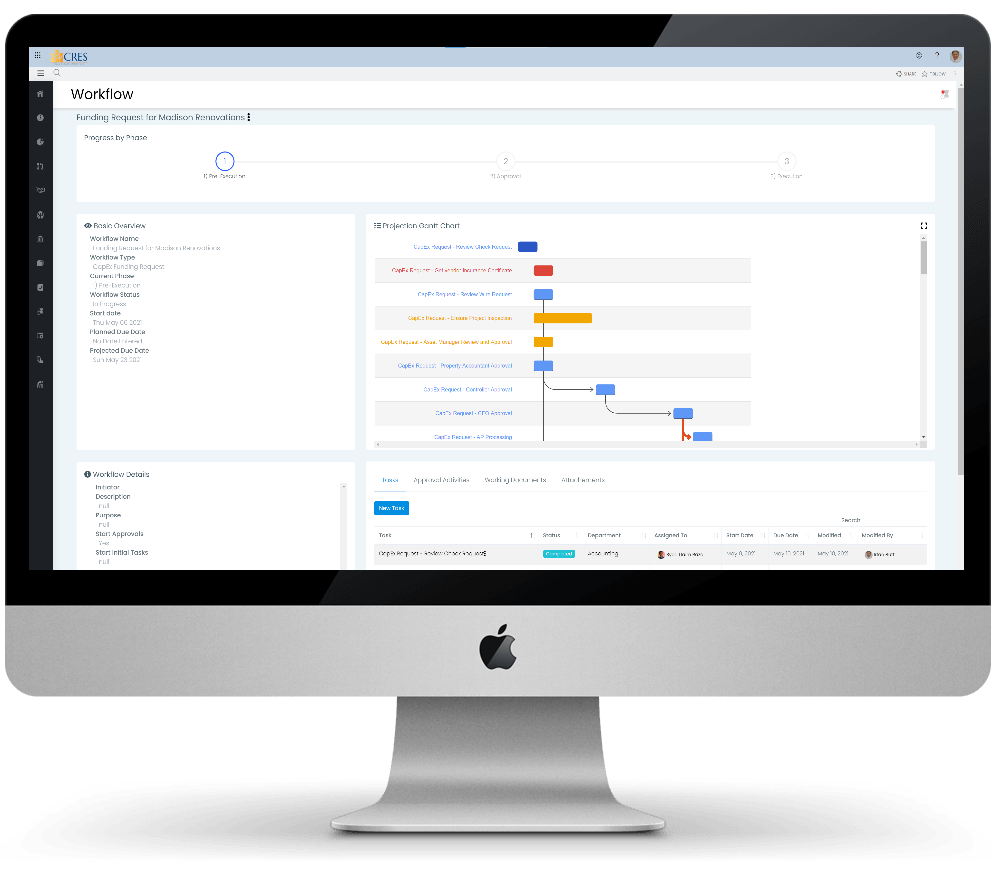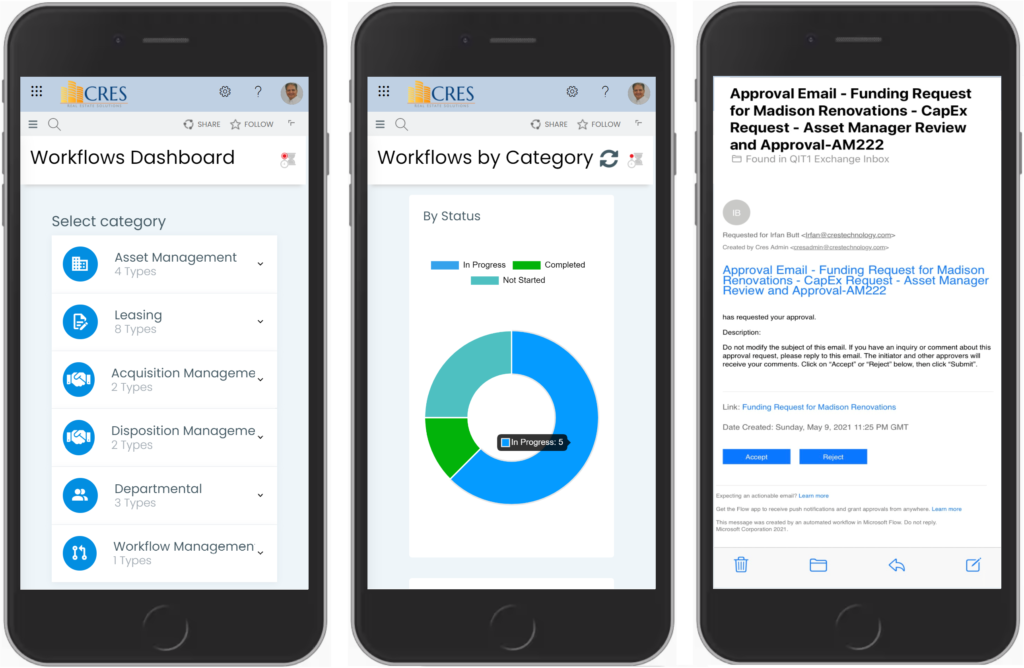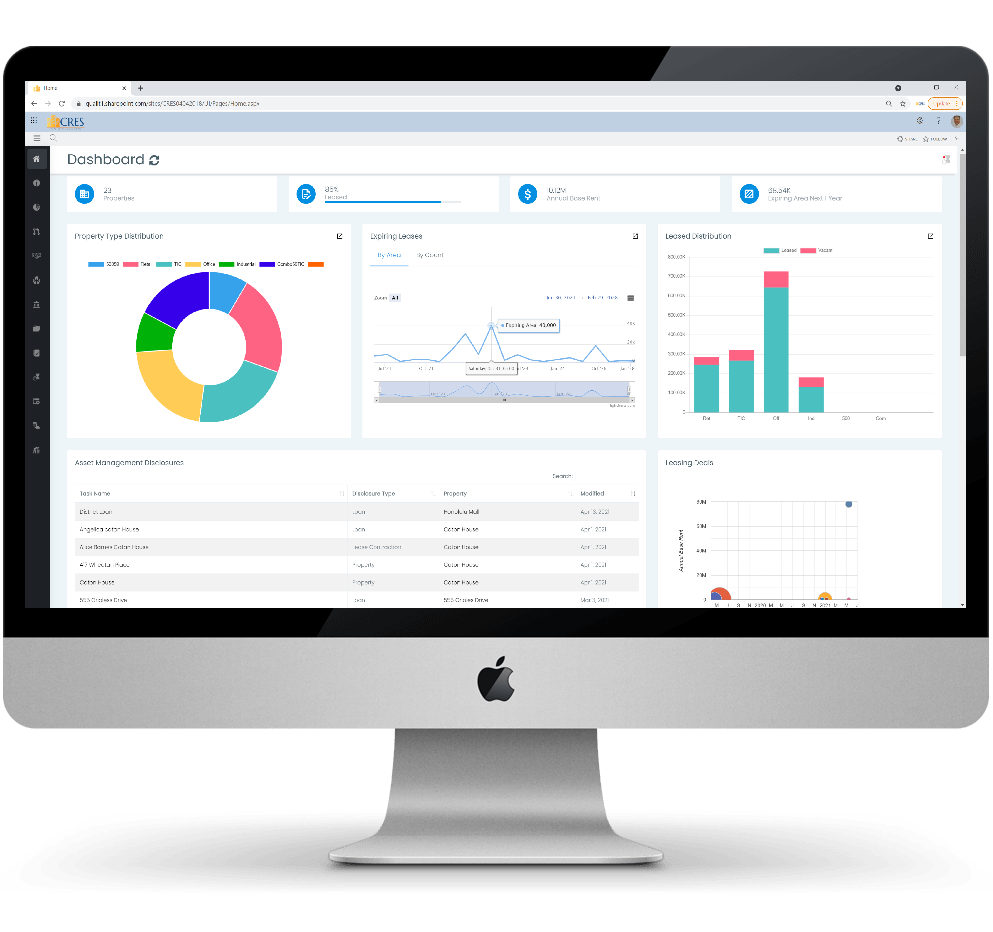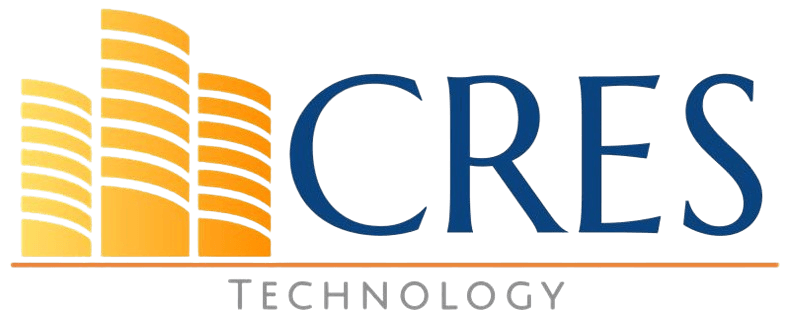
In any industry, selecting the right business process automation tool is critical. A well-defined and well-executed business process ensures high productivity, low cost, and better visibility. But a poorly defined and poorly executed process delivers exactly the opposite. This difference is quite prominent in the real estate industry. Therefore, we will now discuss workflow automation tool specifically for the real estate industry.

The Challenge
Following are the most common workflow challenges organizations must handle.
Data and process silos
Most organizations tend to organize data and processes within their departments. For example, finance, leasing, property management, operations, HR, legal, and other departments perform different types of activities related to their work. And although departments interact and rely on each other, the centralized visibility to the overall business process is often missing. Data silos also block the process of gathering deep, actionable insights.
Lack of systems integration
Departments tend to support their operations using different technology solutions and tools, such as spreadsheets, investment management software, property management software, and forecasting tools. Each solution stores and manages data and processes in different ways, but very often these systems don’t integrate with each other. Therefore, this results in disjointed business processes.

Key Components of Real Estate Workflow Automation Tool
Technology can help with business process management. However, technology alone cannot solve business process challenges. Therefore, success first requires collaboration and willingness to share resources between departments.
- There are plenty of high-tech business process automation tools available in the market.
- Most property management systems, such as MRI and Yardi, also have some workflow management features. But they often can’t be easily and cost effectively integrated with other business systems.
A workflow isn’t just a set of fixed sequential tasks. It is dynamic, always evolving, and requires planning. According to Project Management Institute, planning is a very important management function.
Following are the key components of a successful business process workflow system.
1. Workflow Steps for Reusability of Real Estate Workflow Automation Tool
Business users should be able to define all possible steps of a given business process, for reusability. Which must also include the flexibility for branching of multiple workflow paths based on user choice or business scenario.
2. Role Assignments
System should allow role assignment for each workflow step, which therefore helps facilitate task assignment, communication, and alerts specific to each workflow.
3. Automation
System must offer Task Automation, Workflow Automation, and Document Automation. These are related, yet different capabilities. Task Automation is the automatic creation of individual tasks related to an Initiative or Project. On the other hand, Workflow Automation is the automatic starting of an Initiative or Project. This type of automation can either be based on any specific date associated with the business activity, or certain conditions being met, or both. For example, Workflow Automation can result in scheduled workflows related to Loan Critical Dates or Lease Options. Thus allowing businesses to stay in control of important initiatives and mitigate risks. Document Automation is the automatic drafting of Word documents based on real estate or departmental data and Word templates.
4. Mobility
People should be able to review, update, or add tasks and workflows while on the move. Executives should be able to approve or reject workflow-based requests with one click, without having to log in to the workflow system.
5. Systems Integrations
For a real estate company, a good workflow management tool needs to associate workflows to properties, tenants, loans, legal entities, transactions, and departments. Although some property management systems do have workflow capabilities, they don’t have integration to non-real estate data, documents, and systems. A reliable and flexible workflow management system should have easy integration with both real estate and non-real estate systems.
6. Business Intelligence
Initiators and department heads should be able to easily view the overall and individual status of business process initiatives via workflow dashboard. This is an operational necessity in order to ensure transparency and productivity across an organization.
7. Operational Maturity
A business process automation tool is inadequate if it doesn’t help organizations improve their business processes. Continuous process improvement should be the goal of any organization as it implements a workflow management solution. The workflow solution must have the ability to track performance of individual tasks and workflows over a course of time. As a result, organizations are able to enhance their processes and achieve Operational Maturity.

Conclusion of Real Estate Workflow Automation Tool Requirements
The biggest challenges facing business workflow automation are departmental silos and a lack of systems integration. Technology can help with business process management. However, technology alone cannot solve business processes challenges. Therefore, success first requires collaboration and willingness to share resources between departments. There are plenty of high-tech business process automation tools available in the market, but you must choose carefully. Most property management systems, also have some workflow management features. But they often can’t be easily and cost-effectively integrated with other business systems. A successful workflow automation tool should allow for reusability, flexible task assignments, automation, mobility, systems integration, business intelligence, and operational maturity.
How we can help with Real Estate Workflow Automation Tool
Workflow Automation is a robust component of CRES Real Estate Solutions, optimized for the real estate industry’s unique needs. It is a business process automation tool that removes departmental silos and integrates systems. Easily define any type of workflow and its steps once. Then use and reuse them on-demand or via a schedule.

What is CRES Real Estate Solutions?

CRES is a robust suite of real estate solutions based on Microsoft Office 365 that consolidates data, documents, and business processes. it can be integrated with any real estate system such as MRI, Yardi, VTS, or RealPage. It includes document management, business process management, business intelligence, and real estate & corporate contracts management. CRES Workflow Automation allows efficient management of any type of repetitive initiatives involving real estate, people, and processes.
About Irfan Butt

CRES Technology – Founder and CEO
A strategic leader with more than twenty years of progressive experience in Business Administration, Finance, Product Development, and Project Management. Irfan has a proven track record with a broad range of industries including hospitality, real estate, banking, finance, and management consulting.






